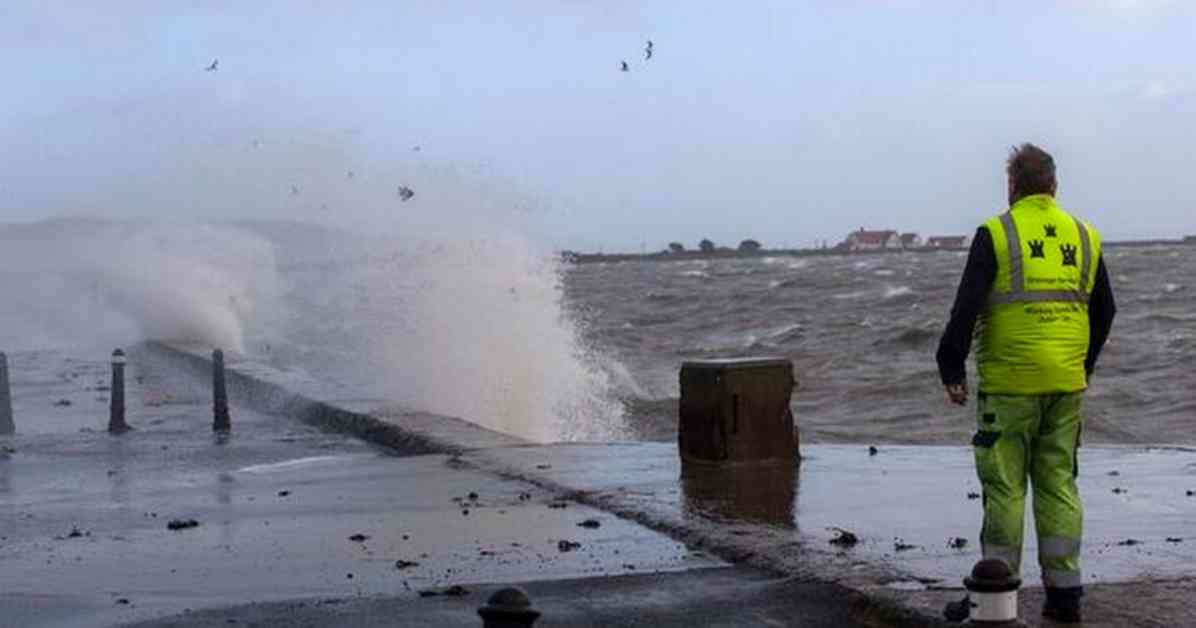**Addressing Work Related Violence in Dublin: An In-Depth Analysis of 171 Cases**
Last year, Dublin City Council received reports of 171 cases of work-related violence, marking a troubling increase of 31 incidents from the previous year. These cases encompass a range of concerning behaviors, including anti-social behavior, verbal abuse, threats of physical violence, and actual physical violence. Among these reports were incidents involving members of the Dublin Fire Brigade, highlighting the pervasive nature of this issue across various sectors in the city.
**Rising Concerns and Recent Incidents**
In a recent disturbing incident, a 61-year-old caretaker was left with cuts and bruises after being physically assaulted while on duty at a flat complex in Ballybough. This alarming event, reported to Dublin City Council on January 9th, underscores the urgent need to address the prevalence of work-related violence and ensure the safety of workers in Dublin.
**Council Response and Control Measures**
Upon receiving the report of the caretaker’s assault, Dublin City Council promptly initiated an investigation in accordance with established procedures. While the Council refrains from commenting on individual cases, they have implemented control measures to mitigate the risk of work-related violence for employees. These measures include comprehensive training on Dealing with Aggressive Behavior for staff across multiple departments, emphasizing the importance of proactive strategies to safeguard workers.
**Analysis of Reported Cases and Trends**
The 171 cases of work-related violence reported in 2024 reflect a concerning trend of escalating incidents compared to the 140 cases documented in 2023. Notably, the data indicates significant increases in categories such as anti-social behavior, verbal abuse, and threats of physical violence, highlighting the diverse forms that work-related violence can manifest in. While physical violence remains a serious concern with 22 reported incidents, the prevalence of threats and verbal abuse underscores the complex nature of this issue in Dublin.
As we delve into the details of these cases, it becomes evident that addressing work-related violence requires a multifaceted approach that encompasses proactive training, robust control measures, and a commitment to fostering a safe work environment for all individuals in Dublin. By raising awareness and prioritizing the well-being of employees, we can work towards creating a city where acts of violence in the workplace become a thing of the past.












